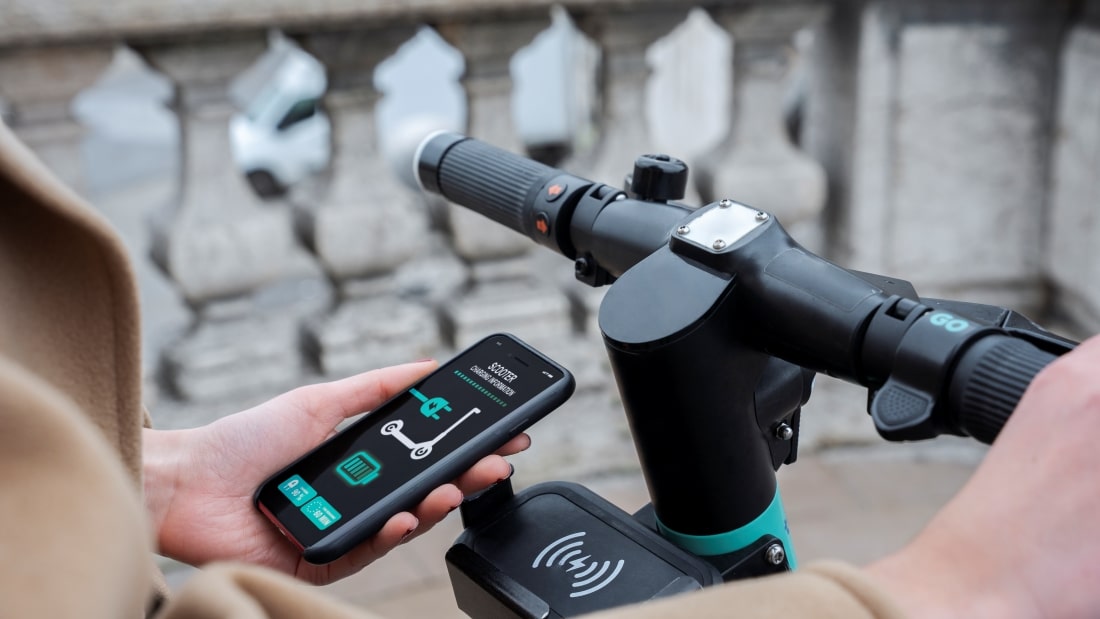
McKinsey Mobility Consumer Pulse Survey charts rise in shared urban mobility
387 days ago
3 minutes
Source: McKinsey & Company
Understanding consumer needs is the key to long-term success for those operating in the shared mobility sector
Shared mobility can resolve many challenges of the urban mobility ecosystem and is an exciting opportunity for companies in the three main shared mobility sectors – hailed mobility, shared micromobility (to include e-kickscooters, traditional or e-bicycles, and traditional or electric mopeds), and car sharing . Shared mobility is on the rise, with an estimated current market value of $10 billion to $15 billion, compared to market values of $110 billion to $130 billion for hailed mobility and $4 billion to $5 billion for car sharing. Understanding the consumers’ preferences will only further increase the market revenues.
Consumer Survey
The McKinsey Mobility Consumer Pulse Survey asked worldwide mobility users’ views on the future of mobility, with a focus on shared mobility. A move away from a car-centric means of transportation was a repeated wish among all demographics, with shared and more sustainable mobility and a reduction in private vehicle usage high on the agenda.
Over a quarter of urban dwellers who responded to the survey mentioned replacing their private vehicles with other transport means in the future, although fewer than 15% of rural respondents suggested the same. The survey concluded that sustainability, travel efficiency, and improved inner-city livelihoods were central to perspective change in mobility choice, more than incurred costs.
Mobility modes with the largest influence
McKinsey suggests that three main transport modes will alter the current trend; shared autonomous shuttles; micromobility solutions, such as e-kickscooters, (e)mopeds, and (e)bicycles; and minimobility alternatives. Minimobility references L6 and L7 electric vehicles with three or four wheels, an unladen mass of over 100 kg, and capacity for one to two passengers.
The mobility survey also found that over 60% would consider a shared, autonomous shuttle service in the future, while 42% suggested that it could replace their private car trips. This could dramatically reduce the number of vehicles on the road, aiding in pollution directives, parking, and road safety. City center–airport connections (26%), supermarket runs (26%), and commutes (24%) were the most common responses from respondents regarding shuttle services.
Micromobility endeavours are seen as convenient and a genuinely sustainable alternative. The McKinsey survey reported that a third of respondents aimed to use micromobility more often. 37 percent of urban respondents mentioned that an improved micromobility infrastructure would help them make their first step, with 33% agreeing it could replace up to 50% of their car trips. In addition, 60% of respondents showed an interest in owning their own kickscooter, only requiring the need for shared mobility on occasion in the future.
Minimobility also generated considerable interest in the survey. 27% of the urban respondents suggested the introduction of microcars to their collection within the next 10 years, 50% of whom could see one replacing their private cars in the long term. The usage for microcars bore similarities to micromobility results; grocery shopping (48%), leisure activities (47%), and commuting (35%). Although 20% of those surveyed would consider sharing a minimobility vehicle, most had a preference for acquiring their own.
Public transport will continue to play a key role in urban mobility, although three reoccurring themes need addressing; people want integrated user experiences, safe and accessible infrastructure, and continued electrification. Understanding these dynamics is key to future success.

LEVA EU
Campaign success
Lorem ipsum dolor sit amet, consectetur adipisicing elit, sed do eiusmod tempor incididunt ut labore et dolore magna aliqua.
Member profile
Lorem ipsum dolor sit amet, consectetur adipisicing elit, sed do eiusmod tempor incididunt ut labore et dolore magna aliqua.
